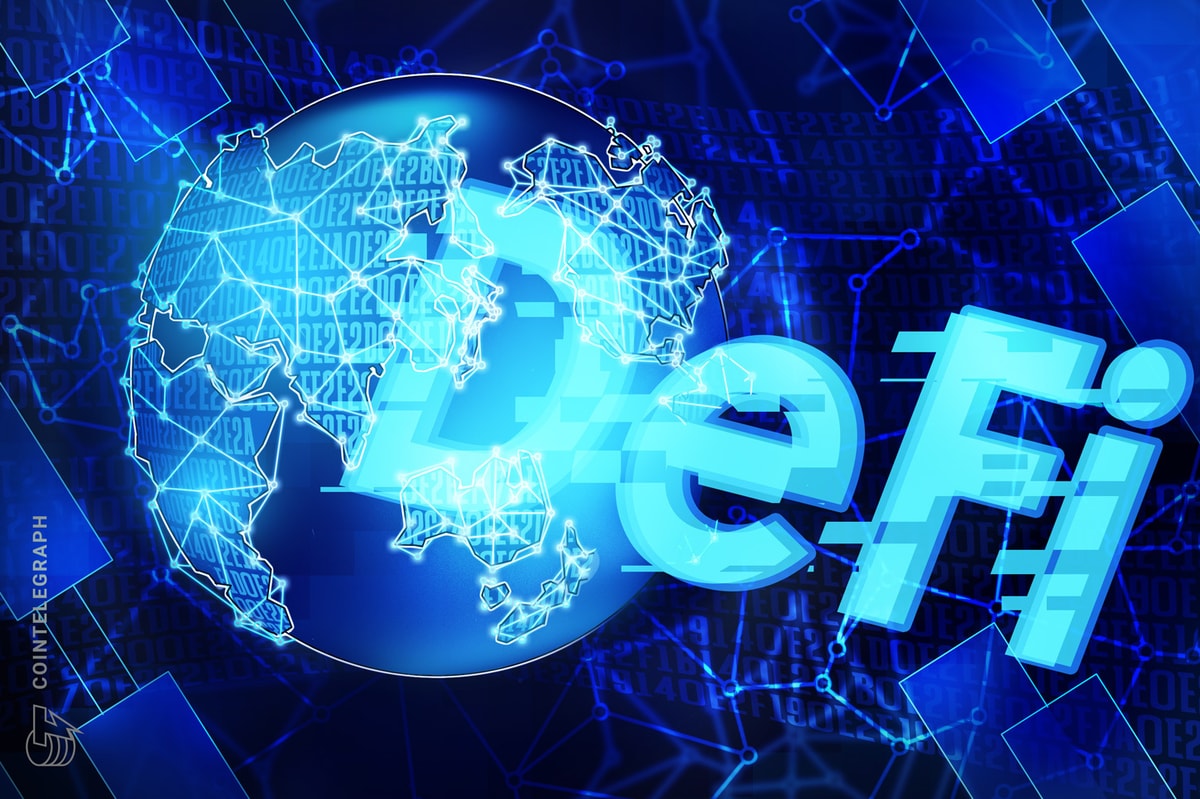The DeFi Education Fund, an advocacy organization focused on decentralized finance, has proposed utilizing the technology to reduce costs, aiming to address poverty in the United States and globally.
In a Wednesday blog post, the group said DeFi infrastructure could potentially save unbanked and underbanked people around the world about $30 billion annually through reducing remittance costs. The organization cited examples of workers sending funds home and paying fees to do so, which could be reduced “by up to 80%” with DeFi.
“The poverty premium [the expenses incurred by low-income households that wealthier individuals are often able to access at a lower cost] persists because the current, layered, antiquated financial infrastructure makes it expensive to serve low-income customers profitably,” said the DeFi Education Fund, adding:
“Nothing is free, and DeFi doesn’t eliminate costs entirely, but by removing intermediaries and leveraging software rather than outdated financial systems, we can dramatically reduce the cost of financial services for everyday people and give them greater control of their finances.”
Many advocates have proposed utilizing various applications of blockchain technology to address factors that contribute to poverty, such as reducing transaction times, eliminating or reducing fees, and increasing access to financial services. The DeFi Education Fund cited the increasing costs in the US associated with cashing paychecks without a bank account, using money orders and owning a home.
Related: DappRadar’s token price plummets after platform announces shutdown
“While only 3% of Americans are very familiar with DeFi currently, there is substantial openness to its core proposition,” said the fund. “A majority of American adults find DeFi features appealing: 56% value having full personal control over their money at all times, 54% want full personal control over the security of their personal and financial data, and 53% want to see their full financial history at all times.”
Looking for policies and laws favorable to DeFi
In the US, lawmakers in Congress are inching closer to consideration of a comprehensive digital asset market structure bill. Although Republicans on both the Senate Agriculture Committee and Senate Banking Committee have released their versions of discussion drafts for the legislation, questions remain about what the final bill will look like after bipartisan talks.
In October, several Senate Democrats on the banking committee reportedly pushed back against the Republicans’ draft bill regarding DeFi. The lawmakers sent a proposal that could restrict decentralized finance protocols under specific circumstances.
The market structure bill, already delayed by a 43-day government shutdown that ended last week, is reportedly moving forward. Senate Banking Chair Tim Scott said he expected to see the bill signed into law by early 2026.
Magazine: Ethereum’s Fusaka fork explained for dummies: What the hell is PeerDAS?
